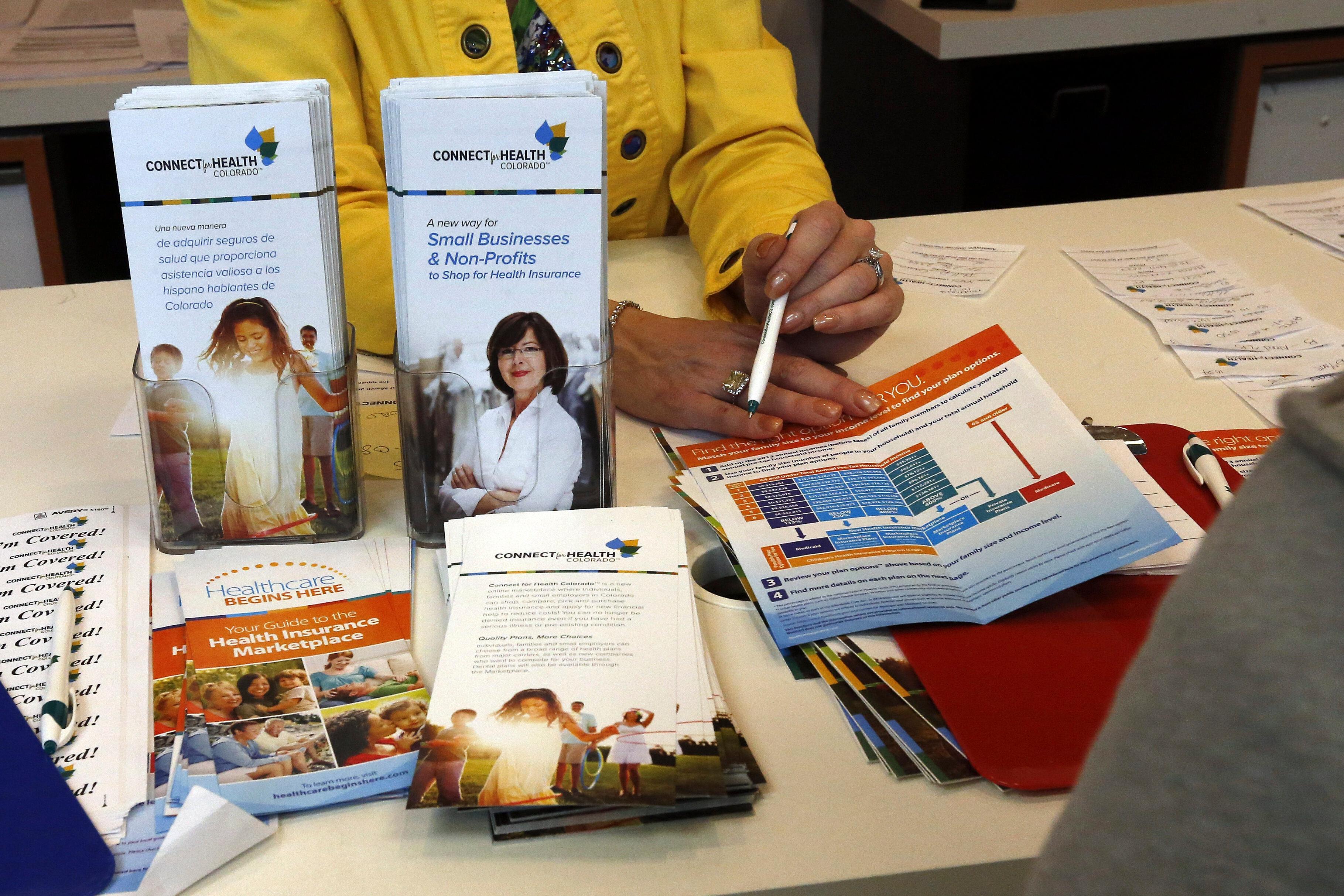
Recently, Rob Horton, 78 of Denver, opted to take a class on how to avoid getting scammed. As an older Coloradan, he knows he’s a prime target. Baby Boomers and those born earlier lose billions of dollars a year to financial scams. Coloradans logged nearly 15,000 complaints in the FBI’s 2024 Elder Fraud report, about 17th in the nation.
Groups like Senior Planet in Denver that support older Coloradans have stepped up their efforts to help people avoid losing money to increasingly innovative and effective cyber criminals. Older residents are targeted for a myriad of reasons: they’re more likely to own their own homes and have good credit, and they may lack the computer skills of their younger counterparts.
“I know everything has moved really fast,” Horton said. “And technology has moved faster than I can possibly keep up.”
So, Horton came to Senior Planet’s Denver offices to take a free class on how to protect his credit. Students learn how to order credit reports and place freezes on their credit through the three major credit bureaus, Experian, Equifax and TransUnion.
Horton said he found out about the class on the same day he received a notice from one of the bureaus about a possible issue with his credit report, so the timing was perfect.
“This is spiritual, but I think the universe takes care of me,” Horton said. “So I thought it was apropos to go and find more information.”
In the class, Senior Planet instructor Jessica Zawadzki offered a step-by-step guide for students to prevent an identity thief, including an ill-intentioned acquaintance or family member, from obtaining a credit card or a bank account in their name.

After the initial instruction, students headed off to computers to try out what they’ve learned. Senior Planet’s other free classes cover topics like safe browsing and identifying online scams.
Rob Horton may be especially wary due to an experience he had in 1999 when he gave his credit card number to someone over the phone while purchasing a gift. He was younger then and phishing and clickbait weren’t household terms, but he ended up with $10,000 dollars worth of fraudulent credit card charges made in New York and Europe. The ordeal took him three and half years to clear up.
“It was a very intense, constant process for those three and a half years to prove that I had never been to New York. I had never been to those places in Europe,” Horton recounts.
It’s an ordeal Horton hopes he’ll never have to go through again.
Instructor Zawadzki said she wants her students to know they aren’t powerless against the threat of cyber-criminals.
“I want people to walk away knowing that it is in their control to protect their identity,” Zawadzki said. “And that there are people like us who just want to help.”
Another Senior Planet instructor, Michael Gorin, who is 73 years old himself, uses screenshots of scams he’s received to teach students what to look for. Gorin, who worked for the federal government and has professional experience with scammers, goes down a list of approaches criminals use to lure seniors into giving away money.
Common scams involve offers of romance and companionship, overcharges for tech support and calls to a grandparent from someone posing as a grandchild asking for money. In the world of AI, voices can be made to sound like a family member’s voice.
| Whether you're aging yourself or caring for someone who is, what questions do you have? Email us at [email protected] or leave a voicemail at 303-871-9191 X 4480. |
Gorin said older people should also be on the lookout for calls from people posing as IRS agents or Social Security representatives. Gorin said that while older people tend to be more trusting of authority than younger generations; they really need to be less trusting and more adept at spotting what he calls “red flags.”
“If someone's rushing you to do something, that's a red flag. If someone's telling you, ‘Don't say anything to anyone, that's a red flag,” Gorin said. “If someone says, ‘We need you to pay in crypto,’ that's a red flag.”
Gorin himself has never been the victim of a cyber crime but warns that anyone – young or old – is a potential target. But he said, for older people in particular, the consequences can be financially devastating.
For that reason, Kris Michelle, 60, of Jefferson County, also opted to take Jessica Zawadzki’s credit class.
“Technically, seniors have to be more vigilant, especially with our credit because it is extremely valuable,” Michelle said.
Michelle said she and many other older Americans have spent a lifetime accruing savings.
“It’s gold,” she said.
| This story is a part of Aging Matters, a series from Colorado Matters about the Centennial State's aging population. Read more stories here. |








